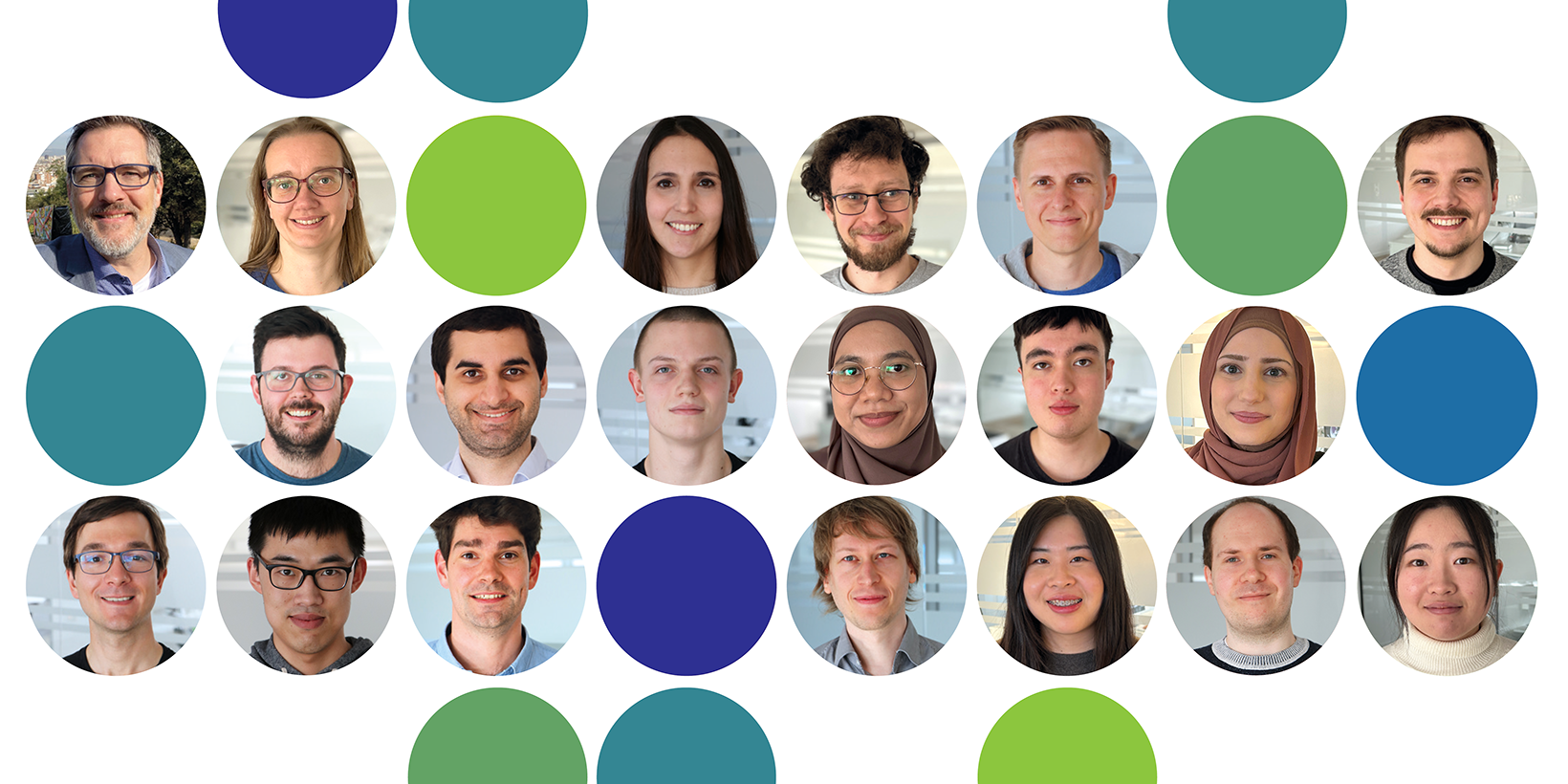
A Look into the Data Integration Centers: Automated Tumor Documentation and Smarter Data Queries at the Data Integration Center Essen
In the new SMITH news series “A Look into the Data Integration Centers”, a Data Integration Center established within the SMITH Consortium of the Medical Informatics Initiative (MII) will be presented on a monthly basis. The Data Integration Centers, which were initially established at university medical centers, create the conditions for secure and privacy-compliant access to high-quality data from routine care. The Data Integration Center at the Essen University Hospital (UME) has been part of the SMITH Consortium since 2018 and is now a permanent component of the hospital’s care-oriented IT infrastructure. In this brief profile, you will learn what makes the Data Integration Center indispensable for UME.
How is the Essen Data Integration Center structured?
The Data Integration Center at the Essen University Hospital is part of the hospital’s central IT department, supporting the implementation of data-driven clinical processes. At the same time, the Data Integration Center is closely affiliated with the Institute for Artificial Intelligence in Medicine, making it a key part of ongoing research. To date, more than 50 publications have been produced using data extracted directly from the Data Integration Center.
What are you currently working on?
UME is currently rolling out a new tumor documentation system. To make this process easier for tumor registrars, the Data Integration Center is developing FHIR-based interfaces that automatically fill documentation fields with existing data directly form the Data Integration Centers. For example, study data or information on cytostatic agents can be provided in this way.
Which innovative projects has the Essen Data Integration Center already implemented?
The Data Integration Center’s data powers various dashboards: for example, providing real-time overviews of inpatients or blood product availability. Since large-scale queries via FHIR APIs can be complex and slow, we created a custom database structure that stores FHIR resources in relational databases and enables fast SQL queries. This solution is now also available to other institutions through the spin-off Firemetrics GmbH.
Some relevant publications produced in collaboration with Data Integration Center Essen:
Keyl, J., Keyl, P., Montavon, G. et al. Decoding pan-cancer treatment outcomes using multimodal real-world data and explainable artificial intelligence. Nat Cancer 6, 307–322 (2025).
Borys, K., Lodde, G., Livingstone, E. et al. Fully volumetric body composition analysis for prognostic overall survival stratification in melanoma patients. J Transl Med 23, 532 (2025).
Engelke, M., Schmidt, C. S., Baldini, G. et al. Optimizing platelet transfusion through a personalized deep learning risk assessment system for demand management. Blood 26, 315–2326 (2023).
Since 2018, the university medical sites of the Medical Informatics Initiative have been setting up Data Integration Centers funded by the German Federal Ministry of Research, Technology, and Space (BMFTR). In 2023, the Data Integration Centers of the university hospitals were integrated into the Network of University Medicine. Since then, they have been funded by the BMFTR as part of the NUM, but continue to be managed by the MII.

